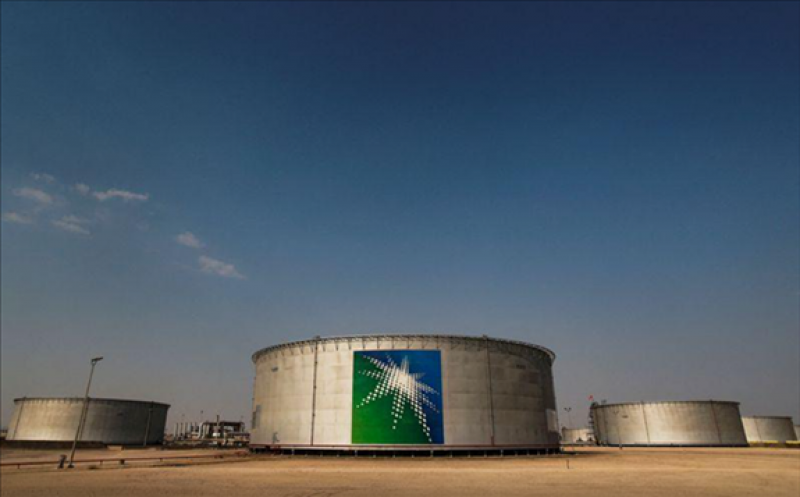Top oil exporter Saudi Arabia may implement deep price cuts for the crude it sells to Asia in February after Middle East benchmarks and spot prices slumped this month, industry sources said.

The producer is expected to cut official selling prices (OSPs) of all grades by more than $1 in February from the previous month, dropping prices back to their lowest levels in three to four months, a Reuters survey of seven crude buyers showed.
A spokesperson for state oil giant Saudi Aramco said the company does not comment on rumours or market speculation.
Spot premiums for February-loading Middle East and Russian grades fell by more than half this month as tight supplies eased following higher output from the Organization of the Petroleum Exporting Countries and its allies, known as OPEC+, and oil releases from strategic reserves at top consumers.
On the other hand, Asia’s demand is set to ease as refineries prepare for seasonal maintenance in the second quarter. The region accounts for more than half of Saudi’s exports.
Backwardation in benchmark Dubai’s market structure, where prompt prices are higher than those in the future months, has narrowed sharply this month, an indication that tight supplies are easing.
“The Dubai market structure is weaker and distillates cracks improved, which makes valuation for Arab Medium and Arab Heavy worse than light grades,” one respondent said.
For Arab Heavy’s OSP, all except one respondent expected price cuts of more than $1. Strong margins for low-sulphur fuel oil, which has hit the highest since February 2020, may support the price of the heavy crude, said the respondent who had forecast a 55-cent reduction.Saudi Aramco sets its crude prices based on recommendations from customers and after calculating the change in the value of its oil over the past month, based on yields and product prices.
The producer will set February prices after a Jan. 4 meeting of OPEC+ to decide whether the group will increase output in February.
Saudi crude OSPs set the trend for Iranian, Kuwaiti and Iraqi prices, affecting about 10 million barrels per day (bpd) of crude bound for Asia.